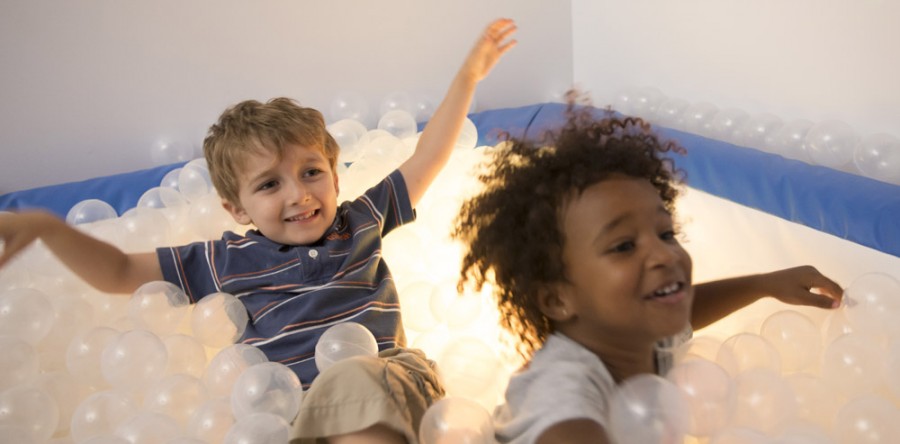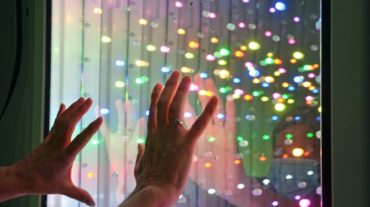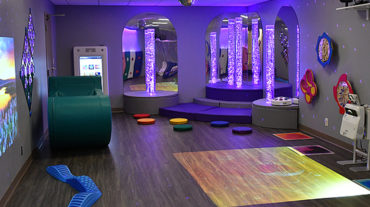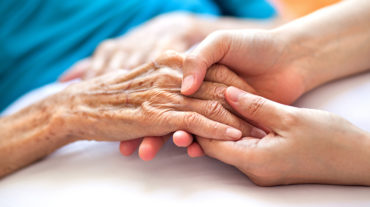Snoezelen for Early Years From the moment we wake, we continually experience a huge range of sensory information from the world around us; audible, visual, tactile, olfactory, gustatory, vestibular and proprioceptive as well as interoceptive. The information is fed through our peripheral nervous system, to our central nervous system and then we organize a response to…
Read more
Snoezelen for Early Years







